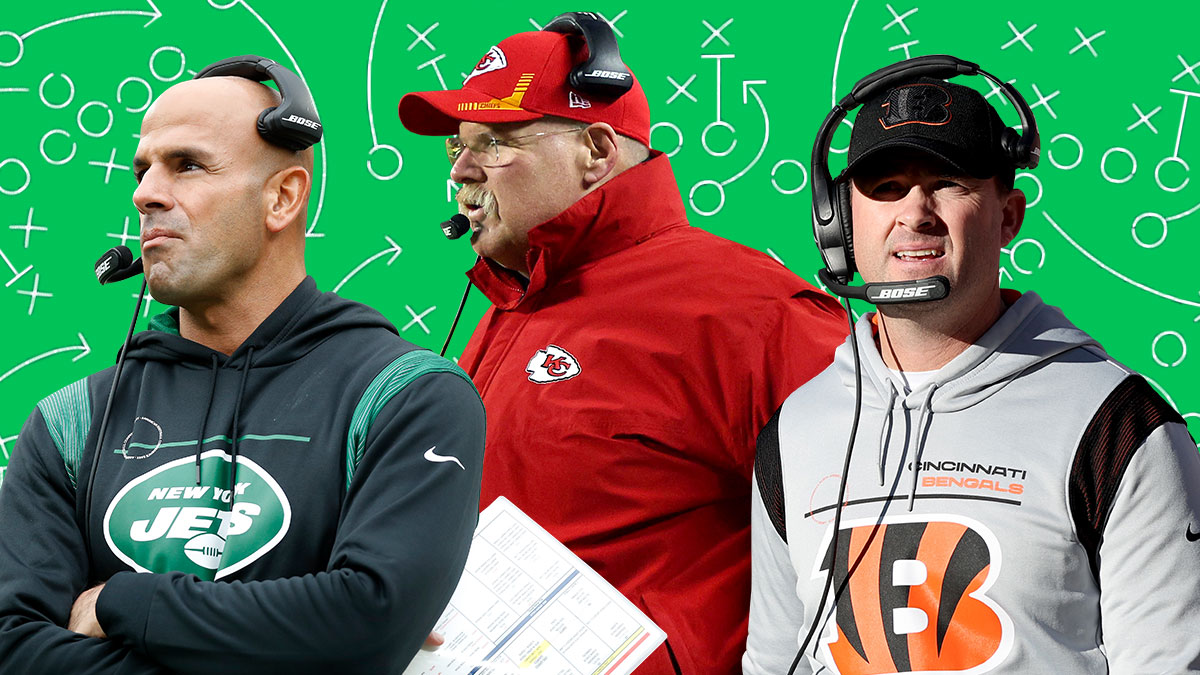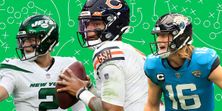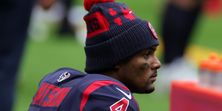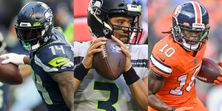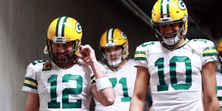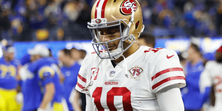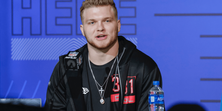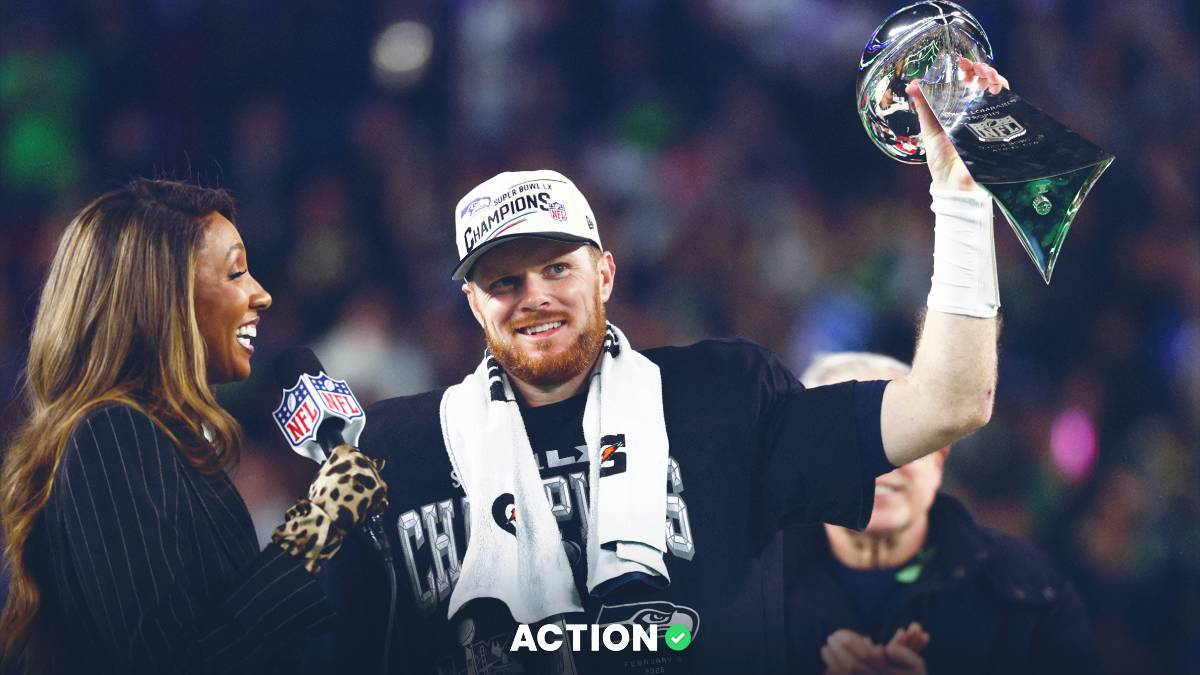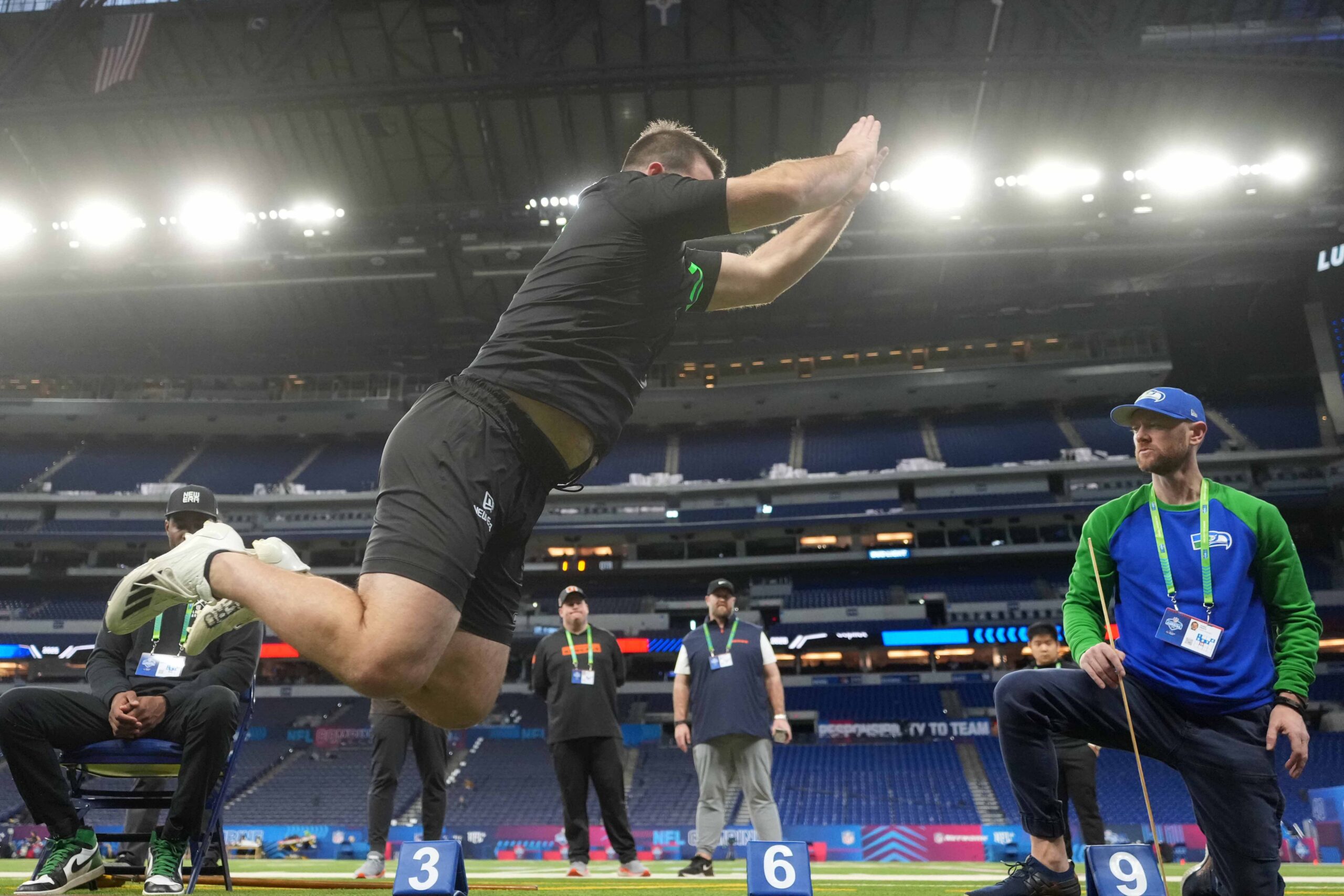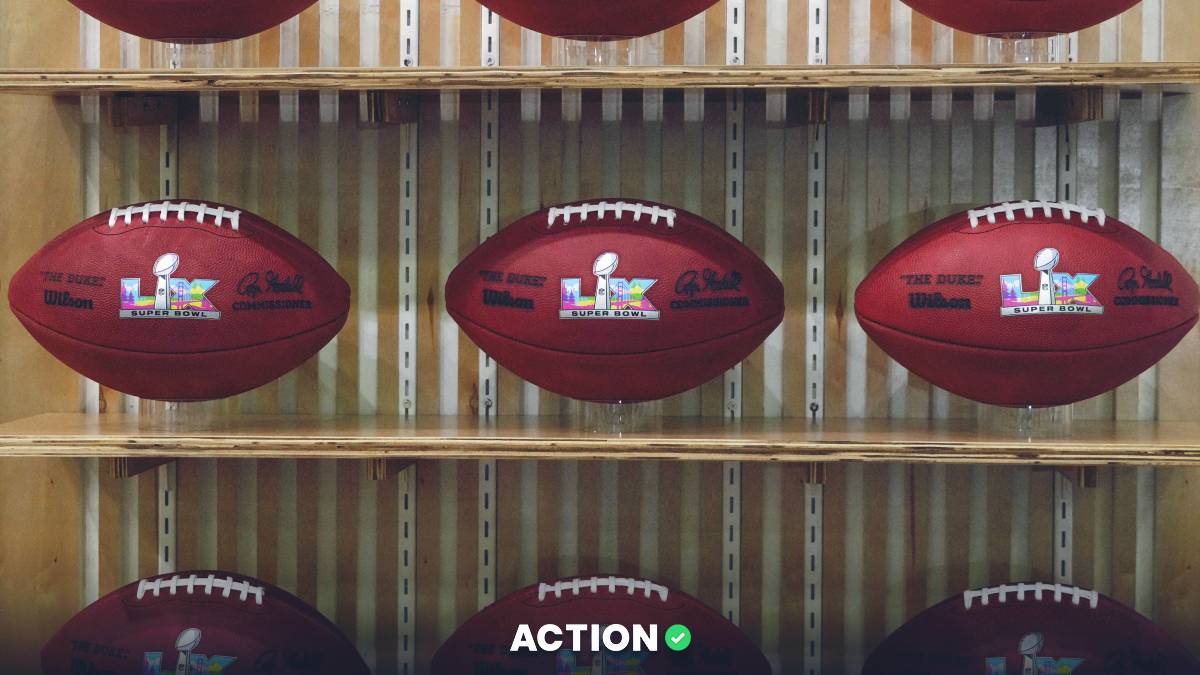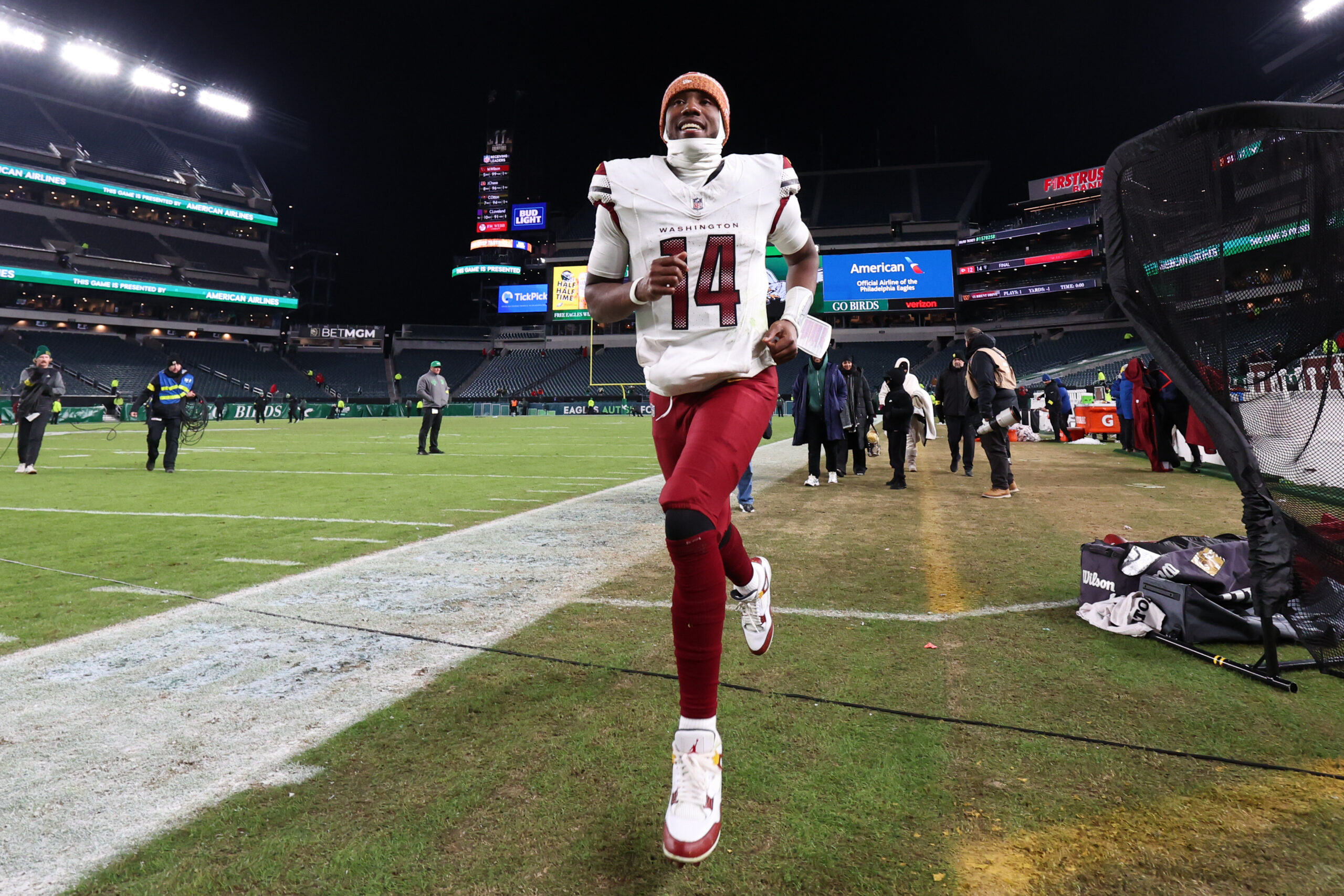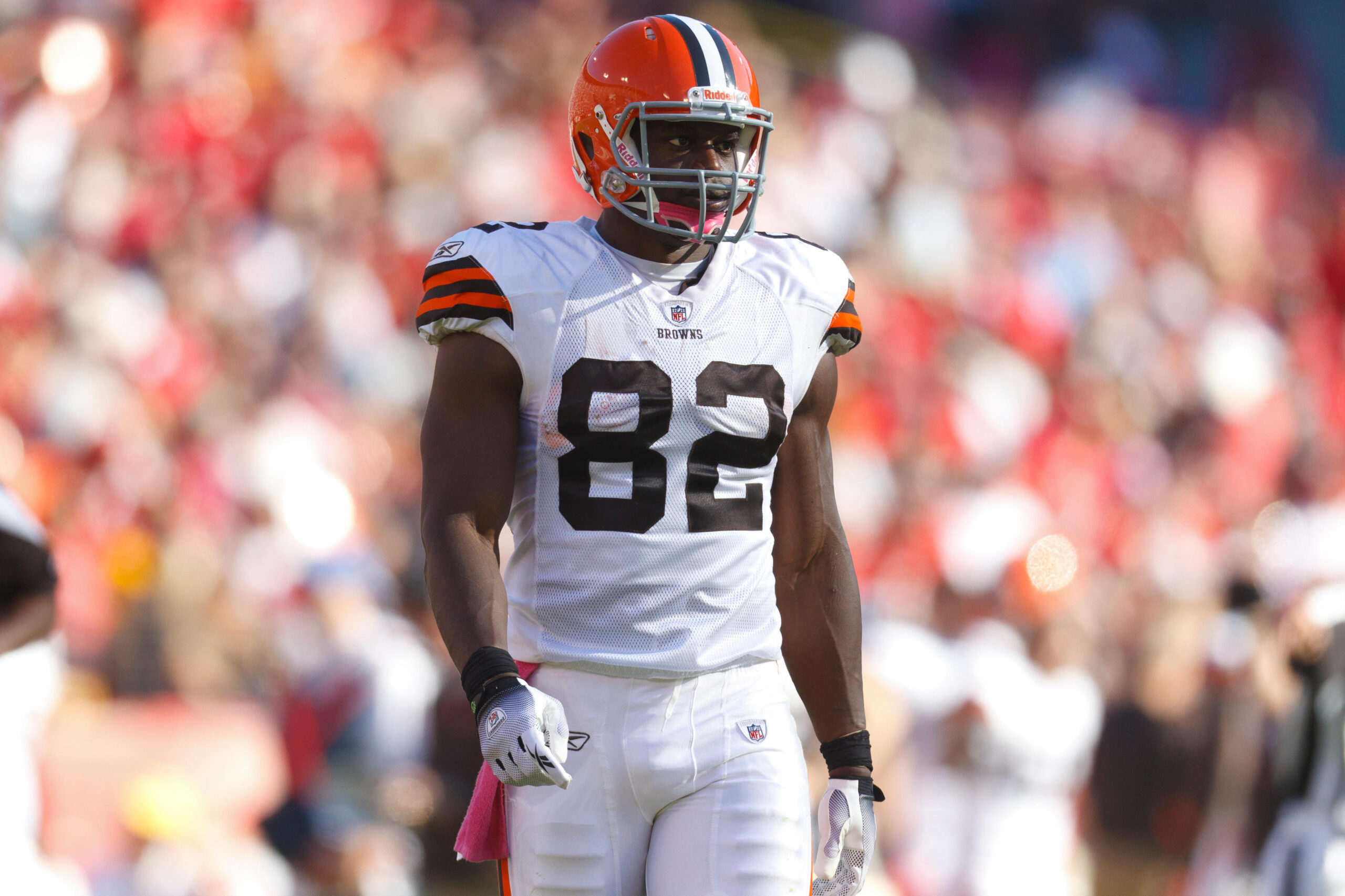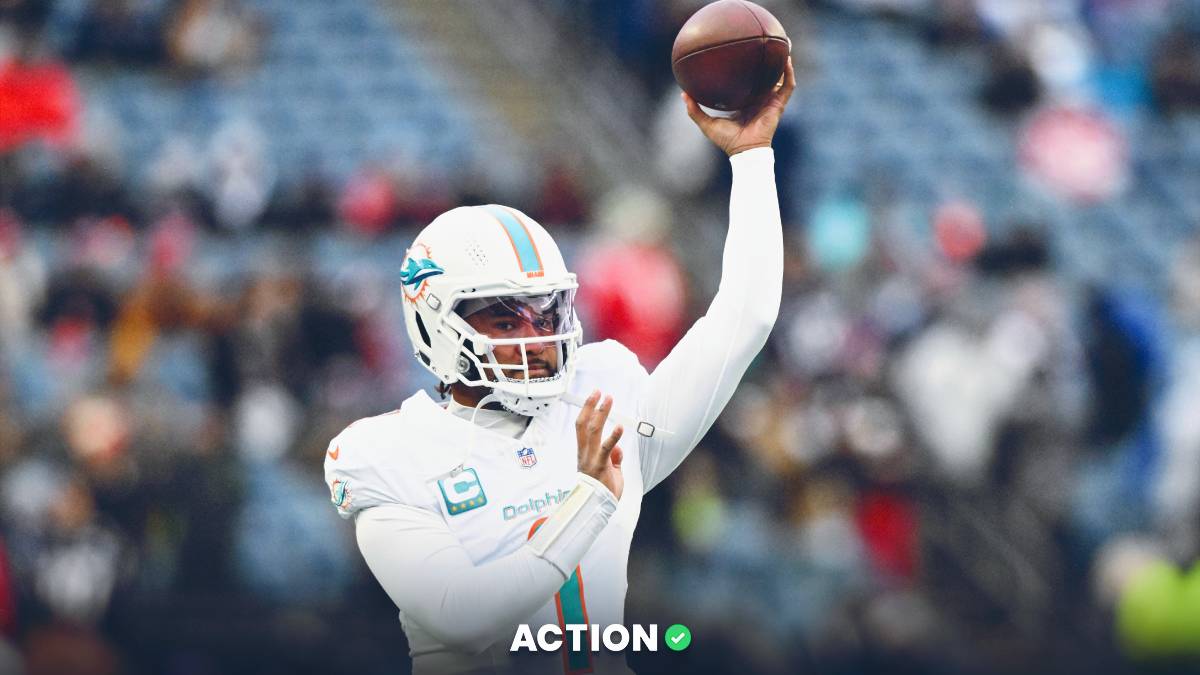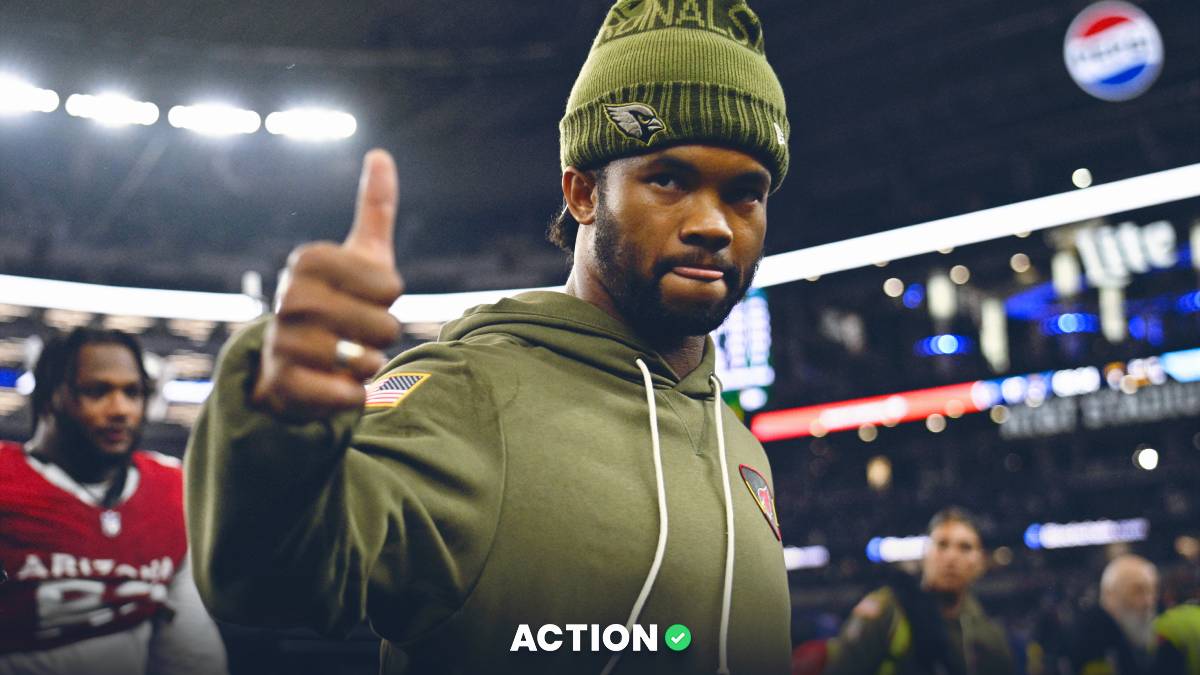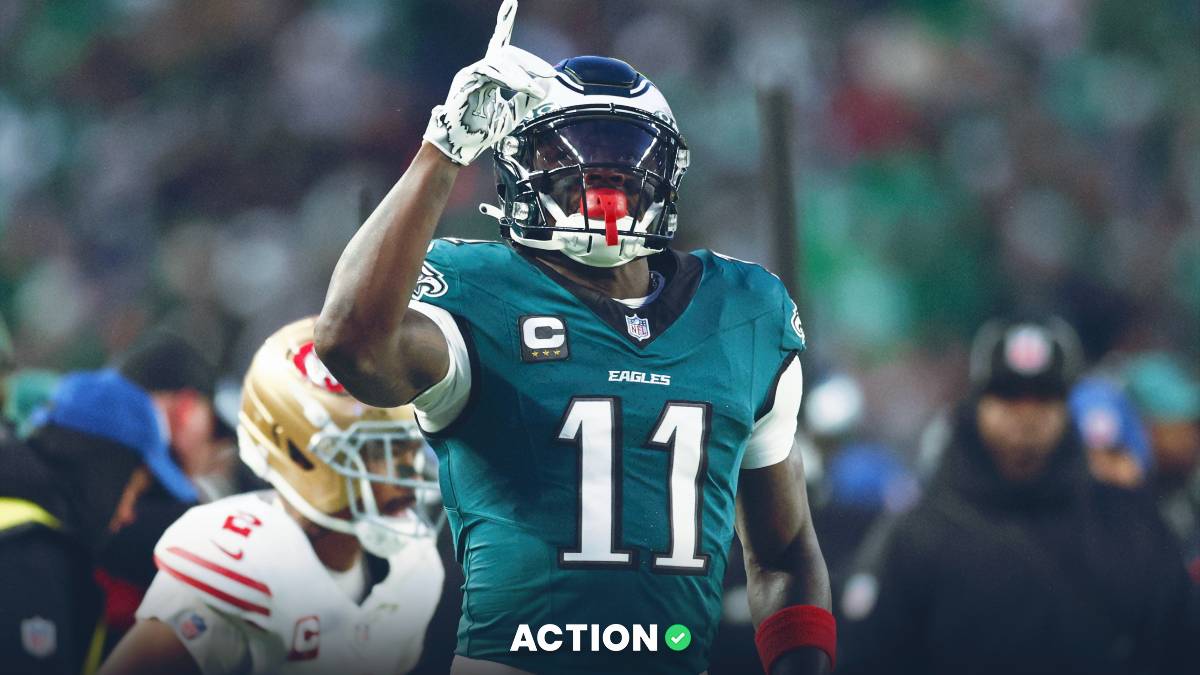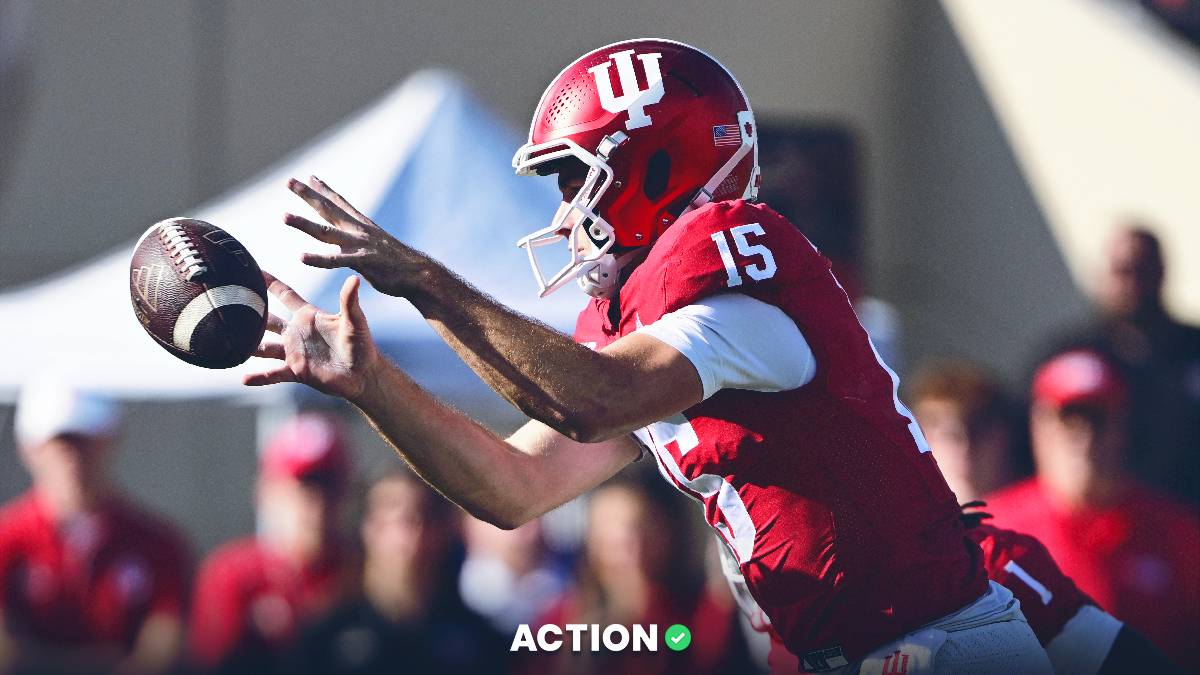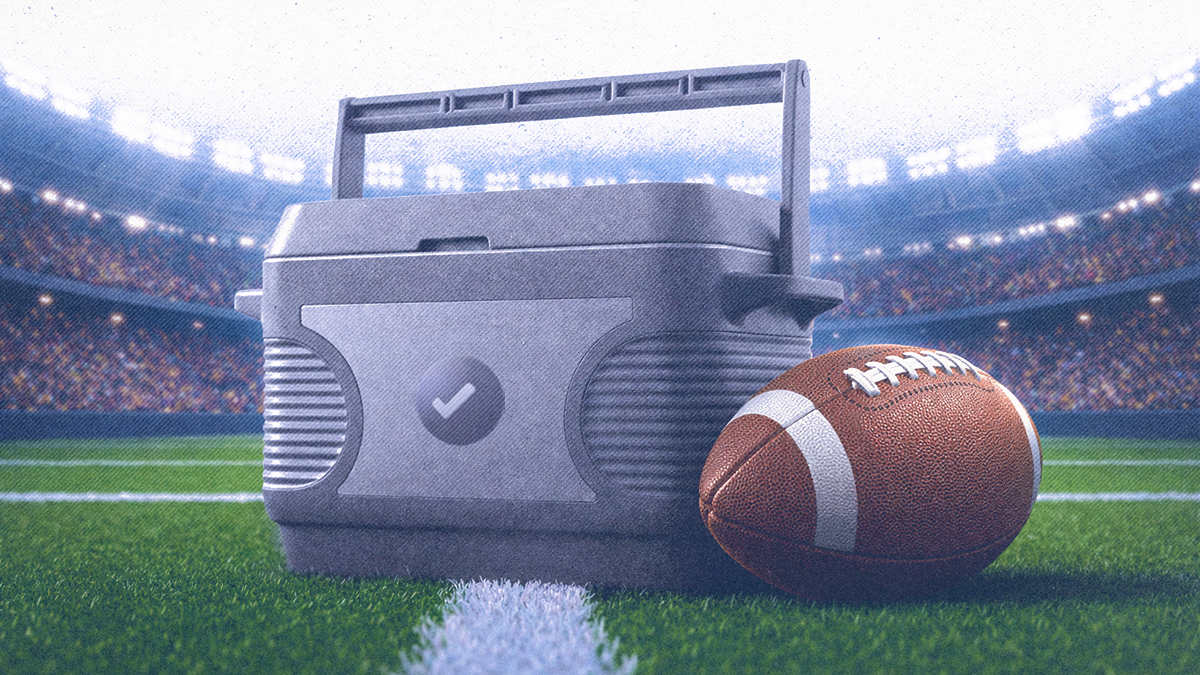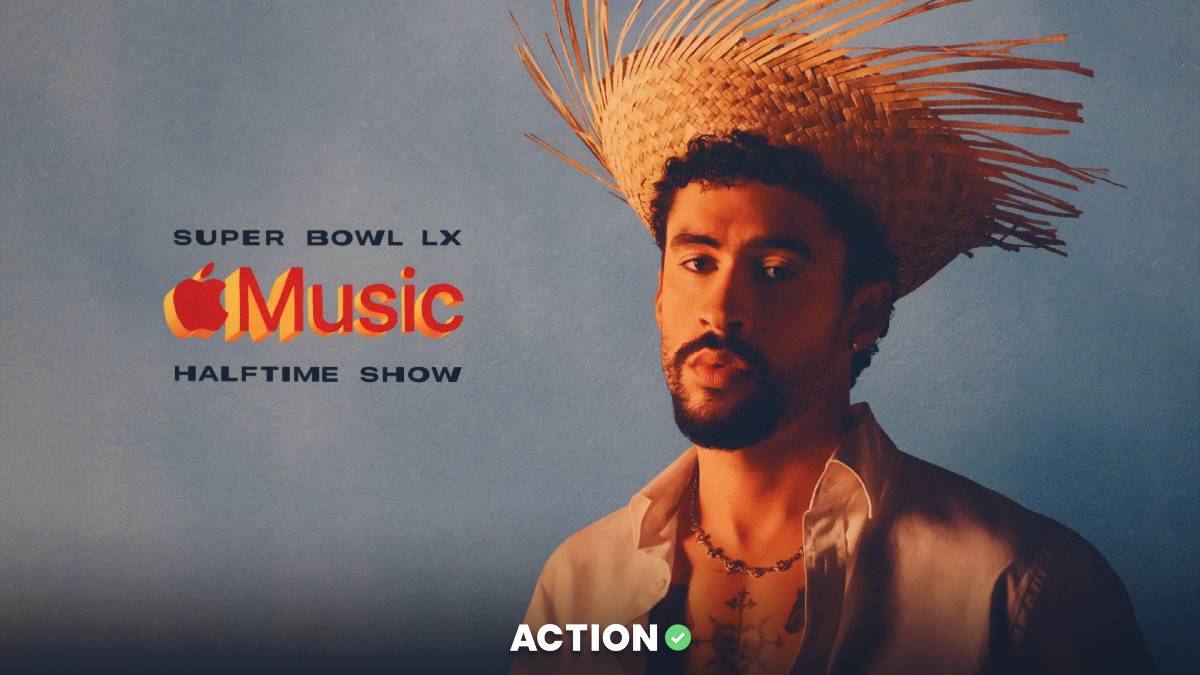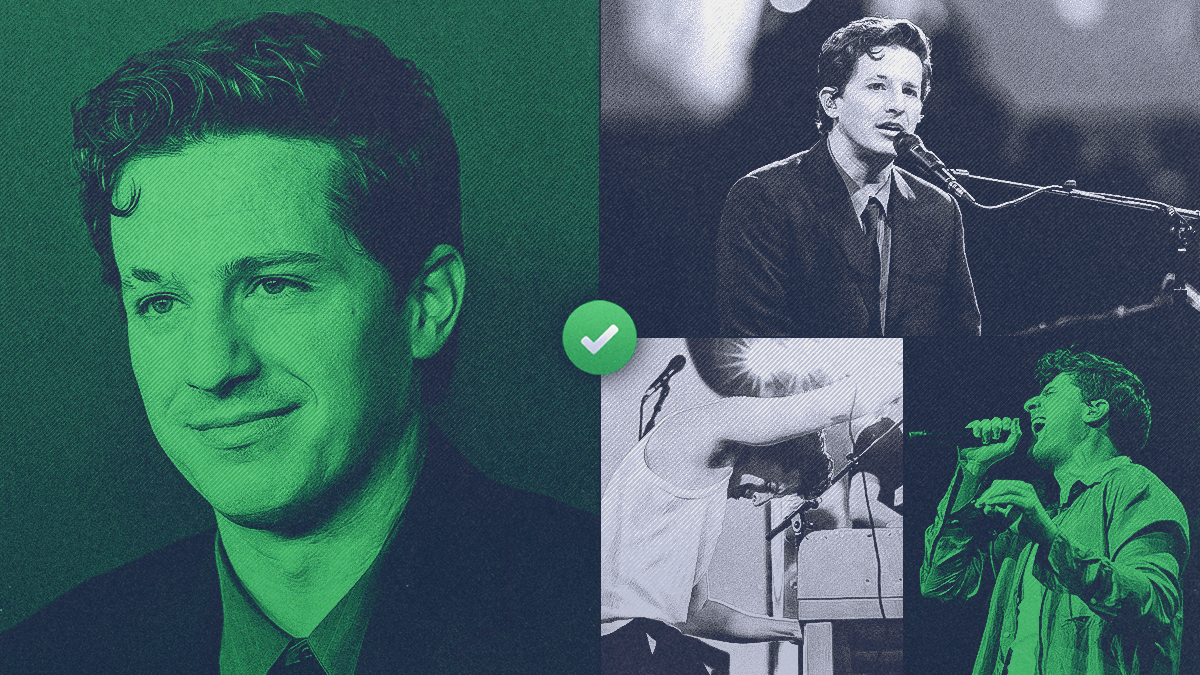Free agency is here, which means it's time to dive into what this time of year should look like for every NFL squad.
Passing has a far stronger correlation to point differential than rushing — and accounted for 67.9% of scrimmage yards last season — so in asking what each team's biggest need is, what we're really asking is what is their biggest need on pass offense or pass defense? So if you're wondering why you don't see much mention of running backs, interior lineman or linebackers in the space below, it's because the best way for a team to improve is to focus on upgrading the players who throw, catch or pass protect on offense — or those that rush the passer or cover on defense.
Without further ado, here is each team's biggest need heading into 2022 free agency.
All salary cap numbers and rankings are via OverTheCap.com and are as of early Monday, March 14, 2022.
Buffalo Bills
Cap Space: $0.8 million. 22nd
Outside Cornerback — Despite leading the league in Football Outsiders' pass defense DVOA, the Bills got lit up for 378 yards and three touchdowns by Patrick Mahomes in the Divisional Round. Top cornerback Tre'Davious White is no guarantee to be his old self after tearing an ACL in November, and No. 2 corner Levi Wallace is a free agent.
Miami Dolphins
Cap Space: $48.0 million, third
Offensive Tackle — If the Dolphins are going full steam ahead with Tua Tagovailoa as their quarterback, they're going to need up upgrade his protection. Left tackle Liam Eichenberg, a second-round pick in 2021, is no guarantee take a step forward in Year 2 after posting a 50.8 PFF grade, 80th of 83 qualified tackles. Right tackle Jesse Davis was barely better with a 52.5 grade, ranked 79th. And Austin Jackson, a 2020 first-round pick drafted to play tackle, had an abysmal rookie year and regressed even more last year as he was eventually moved to guard. Under pressure, Tagovailoa was 33rd of 40 qualified quarterbacks with a 34.2 PFF grade, slinging just three touchdowns while tossing seven interceptions.
New England Patriots
Cap Space: $10.3 million, 20th
Outside Cornerback — The team decided against franchising J.C. Jackson, who has 17 interceptions over the past two seasons. Jalen Mills was middling in coverage last year, ranking 56th of 115 qualified cornerbacks at PFF.
New York Jets
Cap Space: $48.5 million, second
Cornerback — The Jets finished dead last in pass defense DVOA in 2021. 2020 fifth-rounder Bryce Hall was their only cornerback to give them anything close to what you would consider average play. 2021 Day 3 picks Michael Carter II (98th) and Brandon Echols (114th) were among the worst graded cornerbacks among 116 qualifiers at PFF.
Baltimore Ravens
Cap Space: $15.7 million, 17th
Cornerback — The Ravens released slot cornerback Tavon Young this offseason, while Marcus Peters is still recovering from a torn ACL. Unrestricted free agent Jimmy Smith will be 34 when the season starts, while fellow UFA Anthony Averett graded out 92nd of 116 qualified corners at PFF. Marlon Humphrey will return from a torn pec and can play inside or outside, but there are no guarantees behind him for a pass defense that sank from 10th to 30th in DVOA last season.
Cincinnatti Bengals
Cap Space: $34.6 million, sixth
Offensive Line — Franchise quarterback Joe Burrow was sacked a league-high 51 times last season and the Bengals were lucky he was able to stay healthy throughout their Super Bowl run. Flush with cap space due to Burrow still being on his rookie deal, they shouldn't risk putting him in harm's way like that again. They could stand to upgrade at every position, as their best lineman is 2019 first-round pick Jonah Williams, who played left tackle last season but could easily be shifted to right tackle or guard. Save for Williams, every one of their offensive lineman earned a below-average PFF grade last season.
Way-Too-Early Futures Angle — For a team with its franchise quarterback on a rookie deal that made it to the Super Bowl despite its porous offensive line and now has the league's sixth-most cap space, the Bengals are being short-changed on the futures market. I see value on their futures to win both the Super Bowl (+2200 at DraftKings) and AFC (+1000).
Update: The Bengals have already been active in free agency, shoring up their interior line with guards Alex Cappa and Ted Karras, who both earned top-20 grades from PFF last season.
Cleveland Browns
Cap Space: Negative $3.1 million, 26th
Defensive Line — The Browns filled a gaping hole by trading for Cowboys receiver Amari Cooper, leaving the defensive line (save for Myles Garrett) as the biggest hole. Edge rusher Jadeveon Clowney is an unrestricted free agent, and though he gave Cleveland above-average play last season, he has seen his PFF grade drop by at least five points in each of the past three seasons, going from 87.2 in 2018 to 80.8 in 2019 to 74.9 in 2020 to 66.5 in 2021. Fellow edge rusher Tak McKinley is also an unrestricted free agent, but ranked 82nd in PFF grades. And Cleveland's top three interior lineman — Malik McDowell (93rd), Malik Jackson (99th) and Jordan Elliott (103rd) — each ranked among the worst of the 110 qualifiers at their positions, with McDowell and Jackson now set to hit free agency.
Pittsburgh Steelers
Cap Space: $27.1 million, 10th
Editor’s Note: The following blurb was written before news broke that Mitchell Trubisky is expected to become the Steelers’ new starting quarterback. Here is Chris’ reaction to Trubisky joining Pittsburgh:
Trubisky will be no higher than a low-end QB2 in fantasy, if that. The Steelers signed him for his mobility, so he could have a few streamable weeks. This is a slight downgrade for Diontae Johnson, Chase Claypool and Pat Freiermuth, as the Steelers likely signed Trubisky with the intent of being more run-heavy.
Quarterback — Considering the Steelers lost only seven games last year with the ghost of Ben Roethlisberger, there's reason for optimism that they can compete with a merely serviceable bridge quarterback. What they should not do is settle for Mason Rudolph, who is averaging just 6.2 yards per attempt and 10.0 yards per completion in his four-year career.
Houston Texans
Cap Space: $11.7 million, 18th
Quarterback — The Texans are fielding trade offers for Deshaun Watson, and it may be wise to trade him to a team that can offer a starting-caliber option in return, such as the Eagles or 49ers. The Texans dropped from eighth to 29th in passing DVOA last year without Watson.
Indianapolis Colts
Cap Space: $69.8 million, first
Quarterback — Head coach Frank Reich is slated to have his fifth starting quarterback in five years after the franchise (correctly) ended the Carson Wentz experiment. Wentz limited his turnovers, but Reich essentially had to hide him, allowing the pass offense to register the sixth-fewest attempts in the league. Even with the luxury of the league's best running game led by Jonathan Taylor, a Wentz-caliber option wasn't enough to land the Colts a playoff berth. The franchise is in a conundrum because it has what it takes to acquire the best quarterback on the market in Deshaun Watson — except for the facts that (1) he'd have to waive his no-trade clause for what has become a pretty "meh" roster, and (2) the Texans may be unwilling to trade him within the division.
Jacksonville Jaguars
Cap Space: $39.6 million, fifth
Wide receiver — Marvin Jones Jr. was electric at times last season, but disappeared for long stretches and just turned 32. D.J. Chark is a free agent and Laviska Shenault is good for nothing other than causing fantasy football pain to those who draft him. As a group, Jaguars wide receivers caught only nine touchdowns last season, tied for 28th. They probably won't be able to land a true alpha wide receiver in free agency unless they opt for a reunion with Allen Robinson, but they would do well to sign a versatile inside/outside threat like Christian Kirk, who could serve as a go-to at times and a long-term No. 2 option.
Tennessee Titans
Cap Space: $0.1 million, 23rd
Tight End/Slot Receiver — Other than A.J. Brown, no Titans pass catcher caught more than 38 passes or four touchdowns. The Titans have a stud in A.J. Brown and a solid No. 2 in Julio Jones (when healthy), but they need more over the middle. Last year's starting tight end, UFA Anthony Firkser, is a liability in blocking and doesn't offer enough receiving upside to warrant a major role. Nick Westbrook-Ikhene is 6-foot-3, 215 pounds and is somewhat miscast as an every-down slot receiver.
Denver Broncos
Cap Space: $23.5 million, 12th
Edge Rusher — The Broncos finished with 36 sacks last year, tied for 18th, but 10.5 of them came from Shelby Harris (6.0) and Von Miller (4.5), who are no longer on the roster. In a division with Partrick Mahomes and Justin Herbert, the Broncos need to fortify their pass rush if they want to maximize their upside with Russell Wilson. Working in Denver's favor is a decent amount of cap space and the fact that Wilson makes it an attractive for the top veteran pass rushers on the market.
Kansas City Chiefs
Cap Space: Negative $6.3 million, 28th
Edge Rusher — The Chiefs were a much-improved defense once they acquired edge rusher Melvin Ingram midseason last year, going from 31st in DVOA in the first half of the season to 10th over the second half. Ingram will be a free agent but could be brought back, but the team will likely have more than one spot to fill, as Frank Clark is likely to be designated as a post-June 1 cut to save cap space. Clark has ranked 92nd and 89th in PFF's edge rusher grades over the past two seasons and is simply no longer worth his massive cap hit.
Las Vegas Raiders
Cap Space: $30.1 million, seventh
Cornerback — The Raiders will undergo a scheme change after going from the Cover 3-happy Gus Bradley to Patrick Graham at defensive coordinator under new head coach Josh McDaniels, so it doesn't make sense to bring back UFA Casey Hayward, who was tailor-made for Bradley's old scheme. However, that means a defense that ranked 21st in DVOA against the pass has to replace a cornerback who earned the 12th-best PFF grade (76.6) among 112 qualified corners. The Raiders are set at slot corner with Nate Hobbs, who graded out fifth of 112 qualifiers as a rookie, but they will be in the market for solutions at both boundary cornerback spots.
Los Angeles Chargers
Cap Space: $21.8 million, 13th
Cornerback — UFA Chris Harris Jr. was their best cornerback last season, ranking 60th of 116 qualifiers at his position in PFF's grades. Fellow starters Asante Samuel Jr. (90th) and Michael Davis (97th) struggled, though Samuel should improve. Still, this team needs to make a splash at cornerback and should be in the running for J.C. Jackson with their remaining cap space after solidifying their pass rush by trading for Khalil Mack. The Chargers play to limit big plays and are often willing to concede the run, which led to a ranking of 30th in DVOA against the run. Given that type of scheme, however, it was their 19th-place ranking against the pass that was truly unacceptable.
Way-Too-Early Futures Angle — Like the Bengals, the Chargers are a team with its franchise quarterback on a rookie deal, a strong roster and a decent amount of cap space. There's value on the Chargers to win the Super Bowl (+2000 at DraftKings), AFC (+1000) and AFC West (+300). In fact, one of the best ways to react to the Broncos acquisition of Russell Wilson is to invest in the Chargers, whose odds became way longer with Denver becoming the shiny new toy AFC contender.
Dallas Cowboys
Cap Space: $19.6 million, 14th
Front Seven — Micah Parsons will play multiple positions, and it looks like the Cowboys will hold onto edge rusher Demarcus Lawrence despite his huge cap hit, but fellow edge rushes Randy Gregory and Dorance Armstrong will hit free agency after accounting for 83 pressures and 12 sacks last season. Linebacker Leighton Vander Esch will also be a free agent. He was never replicated his outstanding rookie year, but did give the Cowboys above-average play last season, ranking 35th of 87 qualified linebackers in PFF's grades. Despite Parsons' versatility, he can only line up at one position on each play, so the Cowboys need to give him some more help. Dallas could also stand to upgrade a middling interior line. though it may have to bank on improvement from 2021 third-round picks Chauncey Golston and Osa Odighizuwa, who finished 85th and 91st, respectively, in PFF's interior lineman grades.
New York Giants
Cap Space: Negative $3.7 million, 27th
Offensive Line — After a discouraging rookie season, 2020 first-round pick Andrew Thomas improved drastically last year, earning a PFF grade of 78.9, 19th of 82 qualified tackles, while allowing just two sacks all season. He is the only offensive lineman who should factor into the team's long-term plans. The Giants don't have another above-average — or even average — starter on the roster, which was a big reason they finished 26th in offensive DVOA and 31st in points per game (15.2).
Philadelphia Eagles
Cap Space: $17.3 million, 15th
Safety — Safety is a key position in defensive coordinator Jonathan Gannon's scheme, and starting safeties Rodney McLeod and Anthony Harris will both hit free agency. The Eagles got middling play from both players last season and will need to upgrade if they hope to improve upon their 25th-place ranking in DVOA against the pass overall and their 28th-place ranking in DVOA against deep passes. Saints UFA Marcus Williams has graded as a top-seven safety at PFF in four of his five pro seasons and would be an ideal fit in Philadelphia.
Washington Commanders
Cap Space: $5.3 million, 21st
Wide Receiver — Terry McLaurin's value becomes diminished when defenses can focus on him because he's being flanked by the likes of Adam Humphries, Cam Sims, DeAndre Carter, Dyami Brown, Dax Milne and the forever-injured Curtis Samuel. Despite having a healthy McLaurin for all 17 games, the Commanders' wide receiver corps finished 24th in catches (184), 27th in yards (2,218), and tied for 25th in touchdowns (10).
Chicago Bears
Cap Space: $27.7 million, ninth
Offensive Line — Even if 2021 second-round pick Taven Jenkins rebounds after a nightmare rookie season, the Bears still need help at every position, as they don't have even one lineman on the roster who finished with an above-average PFF grade in 2021. Tackle is still the most pressing issue, as the team allowed an NFL-high 58 sacks last season. Despite Justin Fields' mobility, he couldn't escape the NFL's worst sack rate (11.8%) among 33 qualifiers.
Detroit Lions
Cap Space: $23.6 million, 11th
Secondary — Cornerback, Safety — you name it, the Lions need it after finishing 26th in pass defense DVOA and 30th in DVOA on deep passes. 2020 No. 3 overall pick Jeff Okudah was one of the worst cornerbacks in the league in 2020 before tearing his Achilles in the first game of 2021. 2019 fifth-round corner Armani Oruwariye led the team with six interceptions but still ranked 75th of 116 qualifiers in PFF's coverage grades. Safety Tracy Walker, who led the team with 108 tackles, is an unrestricted free agent.
Update: The Lions reportedly re-signed safety Tracy Walker to a three-year, $25 million contract.
Green Bay Packers
Cap Space: Negative $43.8 million, 32nd
Wide Receiver — Bringing back Davante Adams on the franchise tag was huge, but they need to get that man some help. To illustrate why, look no farther than their disappointing exit in the Divisional Round against the 49ers, when Adams and running back Aaron Jones combined for 18 of Aaron Rodgers' 20 completions and 219 of his 225 passing yards. The Packers may not even be able to bring back Marquez Valdes-Scantling, who could fetch upwards of $10 million per year in free agency.
Minnesota Vikings
Cap Space: Negative $0.8 million, 24th
Cornerback — Cameron Dantzler has been one of the better cornerbacks in the league since being drafted in the third round in 2020, but No. 2 corner Patrick Peterson just turned 32 and is set to hit free agency again, while slot corner Mackensie Alexander graded out as the worst of 116 qualified corners at PFF last season. The Vikings ranked 21st in DVOA against short passes and 24th in DVOA against deep passes last season.
Atlanta Falcons
Cap Space: $16.2 million, 16th
Edge Rusher — Grady Jarrett mostly plays inside (and matched a career low with one sack), and the Falcons failed to put anything around him last season en route to a last-place finish in sacks (18) and pressure rate (16.7%). Failing to generate pressure is a recipe for failure in the modern-day NFL and was a big reason the Falcons finished 29th in DVOA against the pass.
Carolina Panthers
Cap Space: $29.0 million, eighth
Quarterback — Matt Rhule tried Teddy Bridgewater, Sam Darnold and Cam Newton and has a pair of five-win seasons to show for it. Carolina has failed to crack the top 20 in points or yards in each of his seasons as head coach. The Panthers need to go all-in for Deshaun Watson.
New Orleans Saints
Cap Space: Negative $6.4 million, 29th
Quarterback — In Drew Brees' entire tenure (2006-2020), the Saints never finished lower than 12th in points scored or total yardage. Last season, they finished 19th in points and 28th in total yardage. No team had fewer net passing yards than New Orleans' 3,186. Jameis Winston is a free agent, and the Taysom Hill experiment seems untenable without his No. 1 fan, Sean Payton, around to coach the team.
Tampa Bay Buccaneers
Cap Space: Negative $3.1 million, 25th
Cornerback — Jamel Dean has been one of the best cornerbacks in the league since being drafted in Round 3 of 2019, but fellow 2019 draftee Sean Murphy-Bunting has regressed every year in the league, with his PFF grade dropping from 66.2 as a rookie to 59.8 in 2020 to 56.2 last year. Ross Cockrell, who gave them solid play as a No. 4 corner last season, is set to hit free agency. The biggest issue, though, is that 2018 second-rounder Carlton Davis will also hit the free agency market. Davis ranked 28th of 116 qualified corners at PFF last season, but the Bucs don't expect to be able to afford the price tag he will command on the open market. With Tom Brady back, cornerbacks play will be critical for a Bucs team that figures to face a lot of passes as opponents play from behind against them.
Arizona Cardinals
Cap Space: $11.0 million, 19th
Cornerback — With Robert Alford set to hit free agency, the Cardinals have no cornerbacks who ranked higher than 80th in PFF's cornerback grades a season ago (Alford ranked 35th). Defensive coordinator Vance Joseph did well to mitigate the weakness last year, leading the team to a fifth-place finish in pass defense DVOA, but they won't make it through the playoffs with a weakness at such a key position. Solidifying the back end will become only more important if stud pass rusher Chandler Jones leaves in free agency, as the headlined a unit that ranked ninth in pressure rate (25.9%) a year ago.
Los Angeles Rams
Cap Space: Negative $20.3 million, 31st
Edge Rusher — The Rams showed they could survive with one elite player in the secondary in Jalen Ramsey as long as their pass rush was adequate, which makes signing Miller — or whomever they can afford with their less-than-ideal cap situation — a priority to start opposite Leonard Floyd. Miller was excellent last season, ranking third of 107 qualified edge rushers in PFF's grades. It's also notable that Ogbonnia Okoronkwo is also a free agent. Okoronkwo isn't the same type of player as Miller, but did earn the 17th-best PFF grade among edge rushers (79.5) — his departure would be another big loss the edge.
San Francisco 49ers
Cap Space: Negative $9.6 million, 30th
Cornerback — The 49ers fielded a middling pass defense last season, ranking 16th in defensive passing DVOA and 31st in DVOA on deep passes. They were plagued by a lack of cornerback depth, and the corners that were on the field too often committed backbreaking penalties. The oft-injured Jason Verrett and longtime slot corner K'Waun Williams will hit free agency, so the team may need to bring in multiple starting-caliber players. They could free up more than $25 million in cap space by trading Jimmy Garoppolo.
Seattle Seahawks
Cap Space: $46.3 million, fourth
Quarterback — After trading Russell Wilson, the Seahawks suddenly have a boatload of cap space and the draft capital necessary to pursue Deshaun Watson, who should be their top priority. It's hard to get excited about Drew Lock as a fallback option after he posted a 79.3 passer rating on 710 career attempts across his first three pro seasons.


